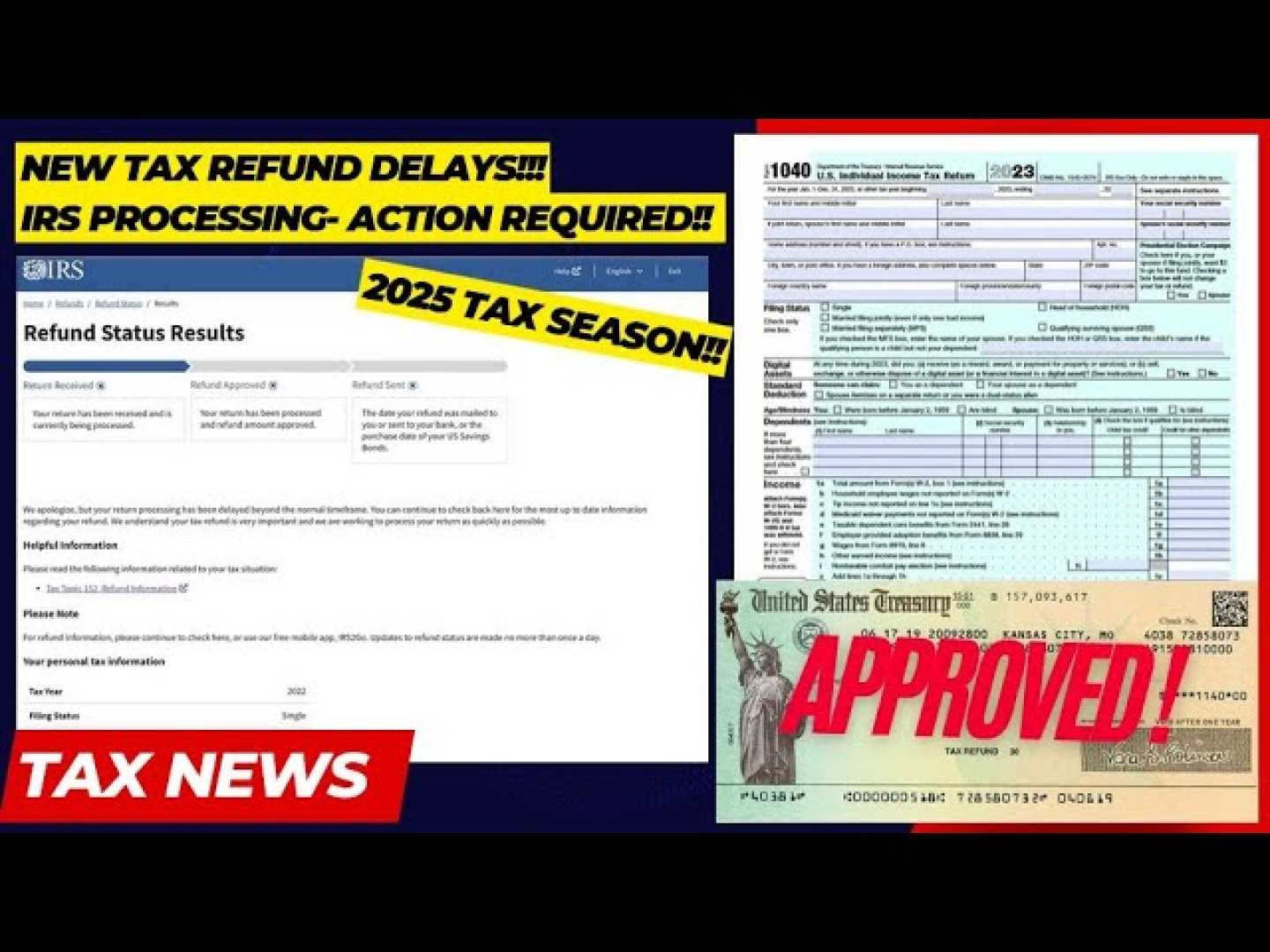Business
IRS 2025 Tax Season: What to Know About Refunds and New Filing Rules

WASHINGTON, D.C. — The IRS has begun its 2025 tax filing season, processing 11.7 million returns in the first week alone. Despite facing challenges due to staff reductions, the agency anticipates receiving over 140 million individual tax returns by the federal deadline of April 15.
As taxpayers prepare for this year’s filing, many will wonder when they can expect their refunds. The IRS reports that approximately 28% of returns processed in the opening week resulted in direct-deposit refunds. “The IRS was coming in in a strong position. That’s good for taxpayers,” said Janet Holtzblatt, a senior fellow at the Urban-Brookings Tax Policy Center.
For those who have already filed, tracking the status of returns has become easier thanks to a dedicated online tool. Filers will need the exact whole dollar refund amount from their return to access the tool, which tracks their return through the stages of processing, approval, and payment confirmation. Most refunds are issued within 21 days of filing.
However, filers claiming the Earned Income Tax Credit (EITC) and the Additional Child Tax Credit may face delays. Refunds for these credits will not be issued until after February 15, in compliance with the PATH Act of 2015, to prevent identity fraud.
The IRS has expanded its free Direct File program to 25 states, up from 12 the previous year. This program caters to individuals with straightforward tax situations. Holtzblatt emphasized the importance of the tool, saying, “It’s a big step for the IRS and for taxpayers,” providing online guidance at no charge.
Direct File is available in major states like New York, Texas, and California. However, it is not accessible to residents of other states or the District of Columbia, and it cannot process returns from individuals with gig work or rental income. Eligibility information is available on the IRS website.
The IRS recently received an $80 billion funding boost from the Inflation Reduction Act, aimed at enhancing operations significantly, including updating computer systems and improving customer service. However, ongoing budget cuts by Congress raise concerns about future staffing levels and service capabilities.
In reviewing the 2025 tax season, Kendrick stressed that understanding tax bracket thresholds is crucial, as these have been adjusted to account for inflation, helping to prevent taxpayers from moving unintentionally into higher tax brackets. This year’s standard deductions have also increased, offering additional savings to various filers.
The IRS user-friendly approach is vital as tax season approaches, and utilizing tax professionals can further ensure accurate filings and potential savings on tax credits and deductions. Taxpayers should remain vigilant and proactive in gathering necessary documents and deadlines to avoid last-minute complications.












